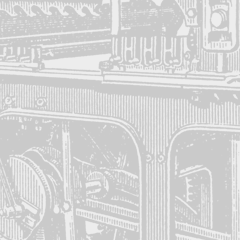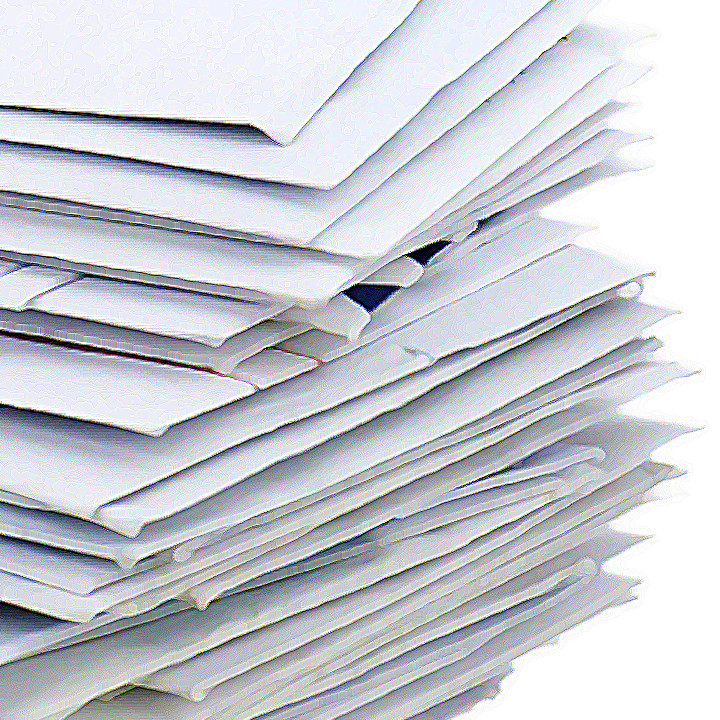I received an email from a PR firm asking me to look at a product that requires a Facebook login as criteria for participation in the use of its service.
I wrote them back to say, “I’ve got to admit that I have a problem with services that use a Facebook login as criteria for participation in the use of a service. That makes me a bad candidate for a positive outcome.”
Do others feel this way? Honestly, I simply don’t want anyone looking over my shoulder any more than they already do, feeding me what they think I want to hear.
It recalls an article which appeared in a local newspaper. It discussed what they labeled “junk mail” and featured a reader who had collected a years worth of mail and done an analysis of how little of it addressed any of their real, personal needs. The article went on to ask, “…when is enough, enough?”
To me, these are two stories about the same important issue.
When is enough, enough? My hope is never. Slow or shut down direct mail? To the contrary, I believe it’s critical, at this particular place in time, to defend, even encourage, the sharing of products, services, and ideas through old-school advertising (direct mail, newspapers, magazines, television). It not only provides opportunities to buy, sell, and win others to our way of thinking, it is fundamental to the creation of commerce and jobs.
Why so critical now? Because the universe of many Web users is fast becoming, what internet activist Eli Pariser dubbed, a “filter bubble.”
He is referring to the fact that many online services now operate using algorithms that determine, because a particular user has shown interest in “A,” that they will, necessarily, be interested in “B.” And that, based on the accumulation of that data, the services begin to feed the user more and more of what they have determined to be the user’s interests to the exclusion of other, perfectly valid and useful information. Ultimately, the known exceeds the unknown, and the user is isolated in a commercial, cultural, or ideological bubble.
That’s why I told the PR firm I didn’t like services that require a Facebook login (for example) as criteria for participation in the use of a service. And why we should hold dear what many demonize as “junk mail” and other forms of non-invasive media that provide us opportunities to see, read, and hear offers and ideas.
Yes, these forms of communication require you to exert the energy to accept or decline such invitations, but that seems like a small price to pay for the good that free, unfettered commerce and sharing provides.
More about the “filter bubble”..
This post was updated in August 2016




I used to care… I used to refuse to do anything that required cross-association (ie: FB login) to participate… but eventually I got beaten down, and am feeling resigned to the reality of The Future — that it’s all one big Information Pool. And that I can fight it on principle and try to hang on to my various forms of separated “privacy”… or I can just give in and do my best to behave respectfully/moderately everywhere online… so that if suddenly all of my random blog responses end up posted to my LinkedIn profile, or some other out of control social-media-sharing situation… that my embarrassment will be the least possible.
And the benefit to my just rolling with it is that cool shoes show up on the side of my Gmail messages, because of past Zappos shopping I’ve done… and that Audible suggests great audiobooks for me to download, based on Amazon books I’ve purchased… and my Facebook friends and I can seamlessly share our Pinterest finds, because the two apps have agreed to sync their information.
Trust me… I understand the argument for why NOT to go along. I’ve been protecting my online privacy with rabid vigilance since the ’90’s. But now I’m finally softening, and have a willingness to accept the sharing. Look at me — I put my real full name and contact info on this post. That’s after 15+ years of actively blog-responding and forum-participating using made-up information.
I’ve come a long way.
I believe it’s worth a fight Zoe. When we allow super-organizations to spoon feed us what they decide we are hungry for, we give them the power to decide, whenever they choose, what they want us to eat.
History is replete with examples of choices today, that become control tomorrow.